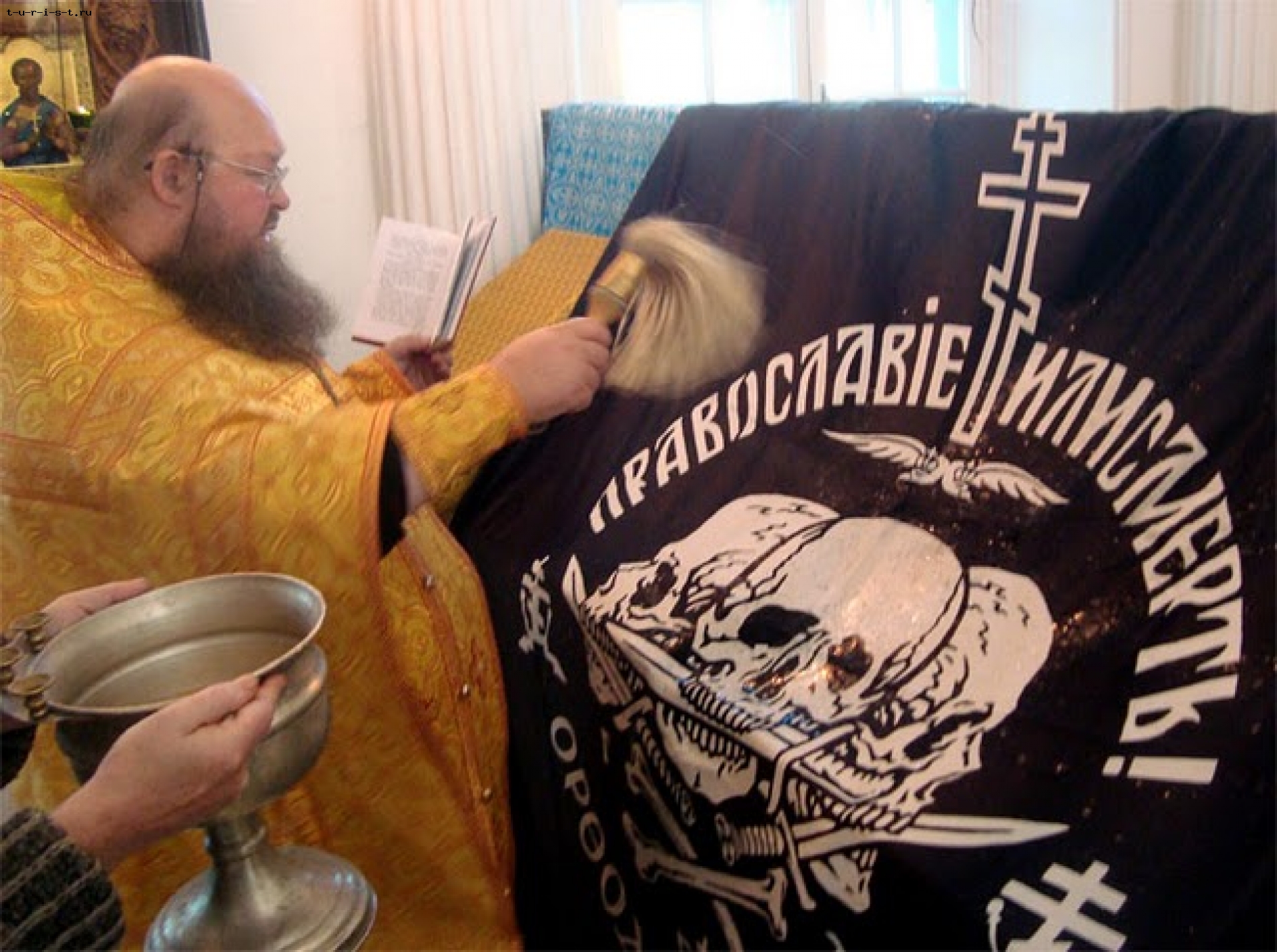Vladimir Putin has proudly claimed and all too many in the West accept at face value that he is a defender of Christianity and its traditional values. In fact, as a new report released by the University of Notre Dame, the Kremlin is among the countries in the world where repression of many denominations of Christianity is an increasing fact of life.
Of the post-Soviet states, the Under Caesar’s Sword project says, only Azerbaijan and Turkmenistan fall into the category of high levels of persecution of Christians. But Russia and all others in the region, except for the Baltic countries, Ukraine, Moldova, Armenia and Georgia fall in the moderate persecution one.
And that discrimination which sometimes rises to the level of persecution “is not as open as in China or Saudi Arabia, federal, regional and local officials in Russia nevertheless are sharply limiting religious freedom,” according to experts at Notre Dame.
Commenting on the situation of religious groups subject to discrimination and persecution around the world, the Under Caesar’s Sword report draws seven key conclusions:
“1. Christian communities most commonly adopt survival strategies. These strategies include going underground, flight, and accommodation to or support for repressive regimes.
“2. Strategies of association are the second most common response.
“3. Strategies of confrontation are the least common response.
“4. Christian responses to persecution are almost always nonviolent and, with very few exceptions, do not involve acts of terrorism.
“5. Theology—in particular, a Christian community’s theology of suffering, church, and culture—influences the response of that community.
“6. Protestant evangelical and Pentecostal Christians are more likely to be persecuted than mainline Protestants, Catholics, Orthodox Christians, or other Christians associated with ancient churches. In response to persecution, evangelical and Pentecostal Christians are more likely to engage in strategies of survival or, on rare occasions, confrontation. They are less likely, however, to engage in strategies of association. Mainline Protestant, Catholic, and Orthodox Christians, on the other hand, are more likely to respond through strategies of association.
“7. The intensity of persecution only partly explains Christians’ responses.”
Related:
- Putin follows Hitler and Stalin in seeking to repress Jehovah's Witnesses
- Will anyone be left to defend Russians persecuted by Putin's regime?
- How Putin's Russia is becoming Stalin's USSR
- “Syrian strikes transform Trump from ‘ours’ to ‘another Hillary'” and other neglected Russian stories
- ‘Putin is the Bin Laden of today’ and other neglected Russian stories
- Three religious developments in Eurasia with more than religious implications
- Religious persecution continues in occupied Donbas

